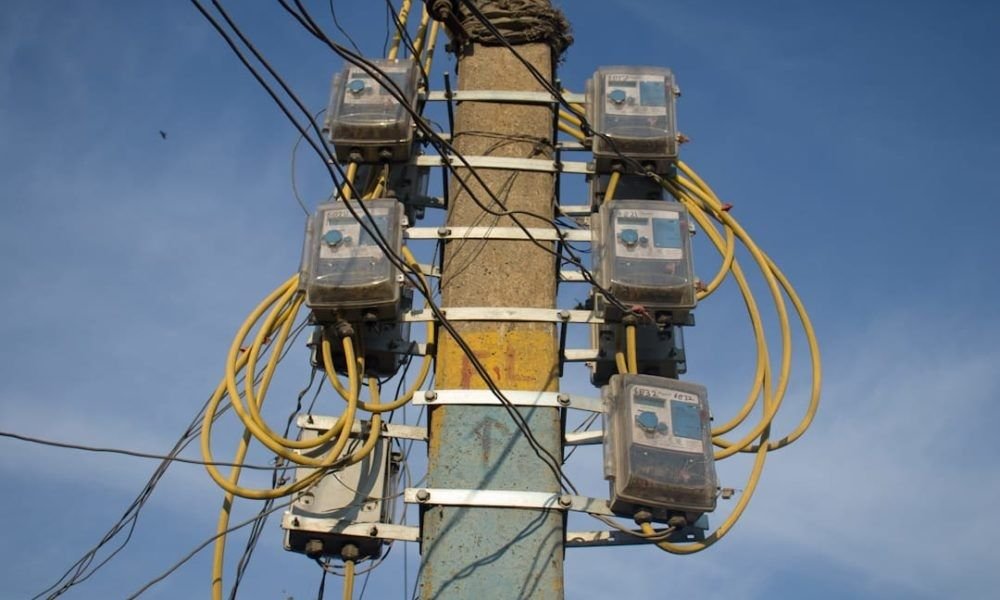Every culture holds traditional wisdom when it comes to health, and Dogra society is no different. Dogri sayings, passed down through generations, reflect a deep understanding of health and well-being. These folk beliefs emphasize the importance of preventive care, clean habits, nutritious food, and emotional balance — long before modern science echoed similar advice.
While the English phrase “Health is Wealth” is widely known, the Dogri equivalent takes it even further:
“Jinda ai taan jahan ai”
(If the body is healthy, only then the world holds meaning)
This clearly shows that for Dogras, health is not just wealth—it is life itself.
Traditional Indicators of Good Health
In Dogra folk wisdom, a person’s health can often be judged by simple physical signs—no doctor required.
“Pair garam, pet naram, sir thanda
Aavai vaid taan maro danda”
(If your feet are warm, belly soft, and head cool—there’s no need for a physician)
This saying reflects the knowledge that balanced internal temperature and digestion are key to good health. It encourages people to tune into their body’s signals—a practice that modern medicine now recommends through body awareness and self-assessment techniques.
Read also: Dals and Dogras: A Weekly Menu of a Traditional Dogra Household
The Importance of Clean Water
The Dogra people strongly believe that purity is essential for health, and this includes the water we consume. The following saying highlights the significance of filtering water before drinking:
“Pani peechai puniai, guru banachai chuniai”
(Filter your water before drinking, and choose your teacher wisely)
This proverb connects physical health with spiritual and mental well-being. Just as contaminated water can harm the body, misguided teachings can harm the mind. It’s a reminder to purify what we consume—both physically and intellectually.
Read also: Scriptural Virasat: Understanding Gurmukhi, Takri, Lande, and Dogra Akkhar Connections
Eating Habits and Nutritional Wisdom
Dogri sayings place great importance on what and when we eat, revealing a deep understanding of nutrition that aligns with today’s scientific recommendations.
One powerful proverb states:
“Badale di nahari, na dukh na bamari”
(A proper breakfast keeps away pain and disease)
This reflects modern research that underscores the importance of breakfast as the most critical meal of the day. A healthy morning meal boosts energy, metabolism, and overall performance.
Read also: Things to know about Safa or Turban : The Pride Of Dogra
Balanced Diet for Strength and Longevity
Health-conscious eating is not a modern fad—it’s embedded in the Dogra way of life. An insightful Dogri saying compares human health to that of a strong horse:
“Marad te ghora, khurak thahondi ravai taan kaden buddhe nein honde”
(A man and a horse never age if they are well-fed)
This highlights how a consistent, nutritious diet helps preserve vitality and strength. It also implies that aging gracefully is possible with proper dietary habits—a belief echoed by nutritionists today.
Rest After Meals for Better Digestion
The Dogra people recognize that digestion is central to health. That’s why resting after a meal is encouraged, as seen in this saying:
“Khaiai sei jaana, mariai nassi jaana”
(Sleep after eating; run only if you are in danger)
This implies that physical rest aids digestion, helping the body absorb nutrients better. Modern science agrees—excessive movement immediately after eating can hinder digestion and cause discomfort.
Read also: 5 Qualities You Will Find only In Dogras according to 100 years Old Book
Sleep Patterns Reflect Health
Sleep is considered a vital marker of wellness in Dogra beliefs. The timing and quality of sleep can signal the state of a person’s health.
“Paihale paihar te har koi jaagai, dooai jaagai bhogi
Triye paihar koi rogi jaagai, chauthai taaman jogi”
(Everyone wakes in the first quarter; lovers in the second; the sick in the third; and yogis in the last)
This poetic proverb identifies sleep disorders as early signs of illness, especially when someone is unable to sleep during the night’s third quarter. It subtly encourages individuals to monitor their sleep as a measure of their overall health—something sleep scientists today strongly support.
Read also: 3 Superstitions of Dogra’s to guess if there is a guest coming over today
Core Health Principles in Dogri Wisdom
The Dogra proverbs outlined above emphasize five pillars of good health:
- Clean Water – Filter before drinking
- Nutritious Food – Eat balanced and timely meals
- Physical Awareness – Monitor basic bodily cues
- Rest and Sleep – Prioritize digestion and full-night rest
- Preventive Living – Focus on prevention rather than cure
These principles were followed intuitively in Dogra households, long before modern health campaigns began. Their sayings reflect both wisdom and practicality, emphasizing lifestyle choices rather than reactive treatment.
Dogri sayings about health are more than just cultural expressions—they’re time-tested life lessons. These age-old insights promote a holistic lifestyle, with a focus on prevention, awareness, and balance.
In today’s fast-paced world, returning to these indigenous beliefs could help foster better habits, greater mindfulness, and a stronger connection with our own bodies.
So next time you sip water, eat your morning meal, or lie down for rest—remember, the Dogras have already charted the path to wellness through their living wisdom.
















